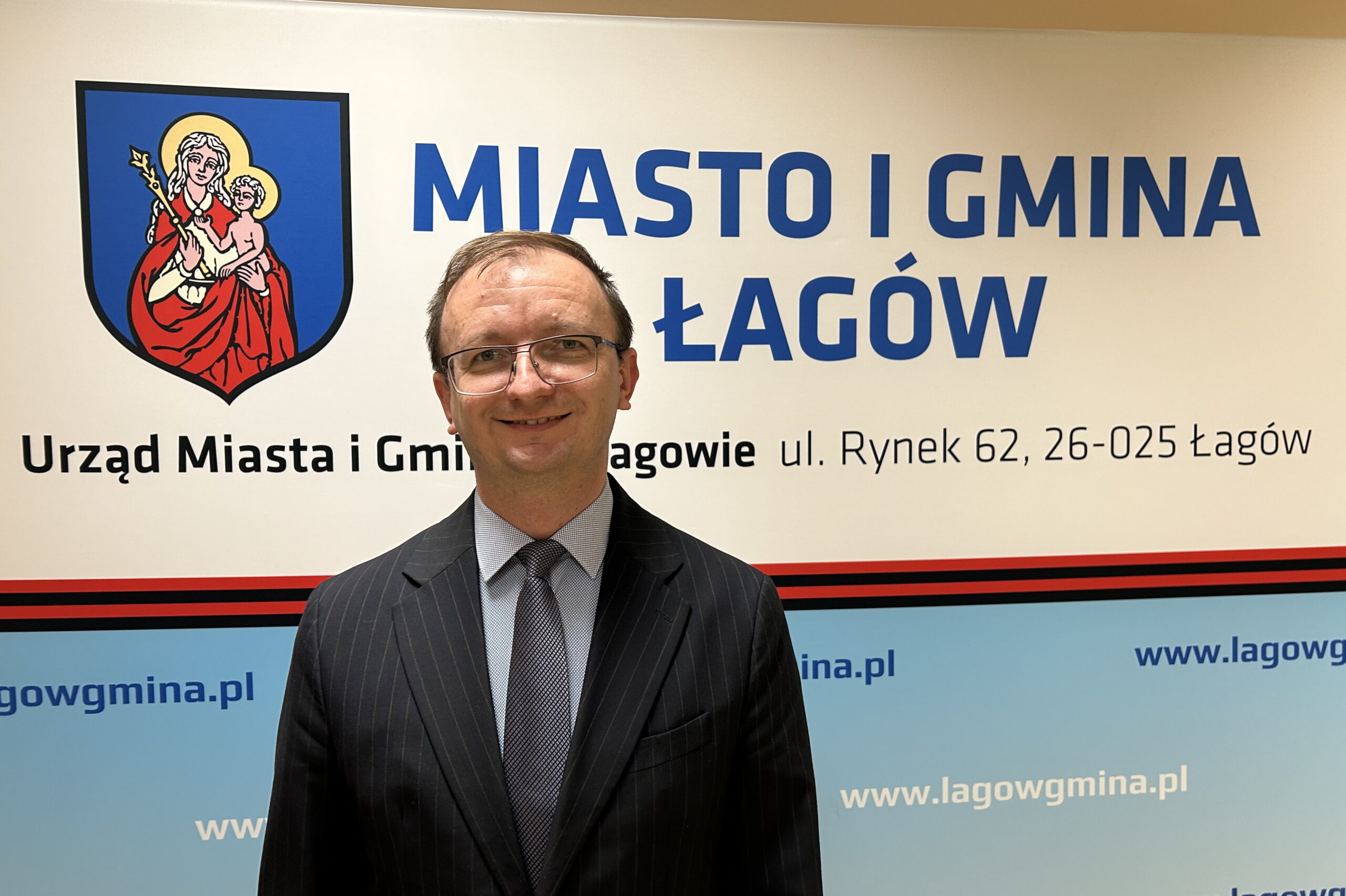Cały rok uczestniczymy w projekcie „Krew od serca. Pomagamy zrozumieć.”, którego kulminacją będzie wspólne wyjście do RCKiK, aby oddać krew by ratować życie. Zachęcamy absolwentów do dołączenia się do naszej szlachetnej inicjatywy! Zapisy przez formularz google https://tiny.pl/zgfgp4wf.
Ania Zając (klasa 3b) w artykule do letniego numeru AimHigh Magazine pisze o potrzebie oddawania krwi w celach leczniczych oraz zachęca do oddawania komórek macierzystych (szpiku kostnego). Zachęcamy do lektury!
==========================
Hematology
Hematology is not a very well-known field in medicine. It is all about blood and blood disorders, but it’s not as simple as it sounds. Haematological tests can help diagnose anaemia, infection, and haemophilia. They also include blood clotting disorders and leukaemia.
Often when we are sick we get sent by our doctors to do a blood test. Blood tests called complete blood count (CBC) are a diagnostic tool used by haematologists. They show the blood doctors our white blood count, red blood count, platelet count, haemoglobin concentration and much more. Their deficiency can lead to serious consequences in our body, for example, platelet shortage, which are the blood cells responsible for clotting, can lead to severe internal and external bleeding and thrombocytopenia. People with severe thrombocytopenia may bleed easily and have difficulty stopping the bleeding. However, those with mild thrombocytopenia may have no issues with excessive bleeding. Luckily we have haematologists, who treat the sick, including through blood transfusions.
That being the case, it is so important to donate blood. In Poland, everyone above the age of eighteen (with minor exceptions, of course) can donate blood. It is not complicated at all and practically painless. Moreover, if you give blood you get chocolate and a day off from work. Over and above that you are provided with satisfaction for helping and potentially saving someone’s life.
Not only blood can be donated. Other much-needed matters are stem cells and bone marrow. Bone marrow transplant or stem cell transplant is used to treat leukaemia and some other cases of cancer. There are two types of those transplants. One is an autologous transplant. It uses the patient’s stem cells that were collected before treatment, which can be used to replace the damaged bone marrow. The second one is an allogenic transplant which uses stem cells from a healthy donor, who is usually a family member, or a matched donor from a registry.
If you are willing to register as a bone marrow donor – don’t hesitate. Registering does not always mean donating. The only thing that you need to do for starters is sending a genetic sample. Only if you get matched with someone in need of bone marrow will you be called to do so.
Not everyone gets a call. Some wait their whole life, and some are called in immediately. You never know when someone needs YOUR help.
Concluding, haematologists, like all doctors, are doing miracles and healing people, but there’s not much they can do without blood. People donating is hugely important. If you are reading this article – think of what you can do to help others.
Ania Zając (3b)










